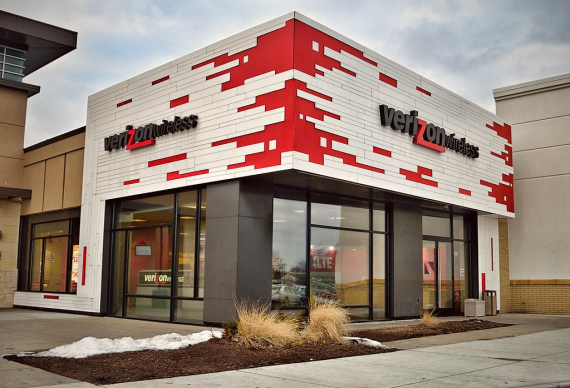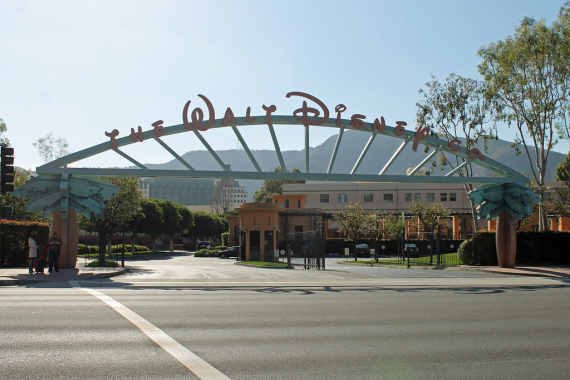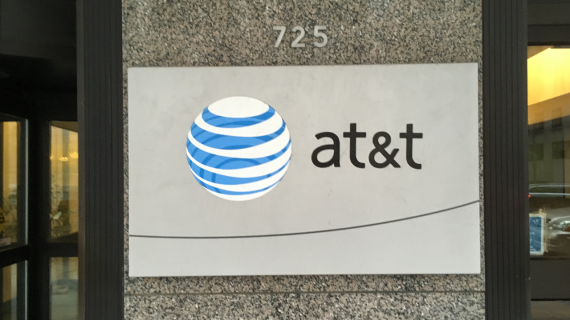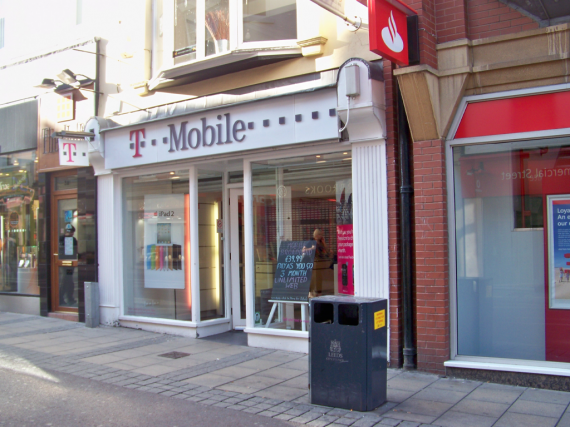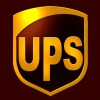Broadcast Traffic Professionals Day

Every year on November 2, we celebrate National Broadcast Traffic Professionals Day. This day honors those who work behind the scenes in broadcasting, ensuring our shows, news, and commercials are aired without hiccups. This day marks the anniversary of Pittsburgh’s KDKA radio station’s first commercial radio broadcast in the United States on November 2, 1920, announcing the results of the presidential election. National Broadcast Traffic Professionals Day highlights their hard work, managing complex schedules and handling last-minute changes. They ensure advertisers receive their airtime and viewers enjoy uninterrupted programming. It acknowledges their dedication and vital role in the broadcasting industry.
About the holiday
Brief history
This day is very important. It is about radio and TV. It was in 1920 that KDKA in Pittsburgh started broadcasting the news about the election. It was a big thing for radio. We don't know who started this day. But we know that it is important because radio is very important for news. Broadcast traffic professionals make sure that TV and radio are on time. They make sure that ads are on the right time. They are very important for the radio and TV industry. On this day, we thank them for their work. We want to say thank you to them.
How to Celebrate
- Share on social media—Why not share some heartfelt posts on Twitter, Instagram, or Facebook? Use the hashtag #BroadcastTrafficProsDay and spread some love! Bonus points for funny memes traffic pros would like. Dress up —For a day, be like a radio or TV star. Wear a microphone lapel pin or a suit like an evening news anchor. It's a fun nod to the people behind the scenes.
- Write a letter—Letters aren't dead. Especially for thanking traffic pros. A handwritten note can make someone's day. Old-school communication is still charming.
- Have a quiz—Gather friends for a quiz night on broadcasting. Questions can be about radio history or broadcasting details. It's fun to learn and celebrate the day.
- Tour a station—If possible, visit a radio or TV station. See the busy work behind the scenes and appreciate the traffic pros more.
- Make a playlist—Make a playlist with songs about driving or traffic. Share it with friends and dedicate it to traffic pros who keep our airwaves smooth.
- Watch docs—Watch documentaries about radio and TV. Relax with popcorn and learn about the industry's history.
 National Broadcast Traffic Professionals Day
National Broadcast Traffic Professionals Day
Interesting facts
- Variety of activities. As part of the National Broadcast Traffic Professionals Day, various events are held, such as seminars, conferences, master classes and others. This allows traffic specialists to share their experience, improve their skills, and expand their knowledge.
- Global recognition.** National Broadcast Traffic Professionals Day is recognized and celebrated not only in the United States, but also in other countries where traffic professionals also play an important role in the radio and television industry.
- Support and recognition. This day is an opportunity to express gratitude to traffic specialists for their work and contribution to the development of the radio and television industry. It also promotes the strengthening of professional relations and the exchange of experience between colleagues.
- Development of skills.** Events held as part of the National Broadcast Traffic Professionals Day are aimed at improving the skills of specialists and developing their communication skills. This allows them to keep up to date with the latest technologies and working methods of the company.
- Value for the industry.** Traffic specialists play an important role in ensuring the efficient operation of radio and TV stations. They manage call traffic and ensure uninterrupted communication between stations and their audience. Therefore, National Broadcast Traffic Professionals Day is of great importance for the radio and television industry.
Were born on 2 November
Dear radio and TV station traffic specialists, on this day, we would like to wish you professional growth, development of communication skills and, of course, improvement of working conditions. We also encourage you not to stop there and continue to develop, improve your skills!











